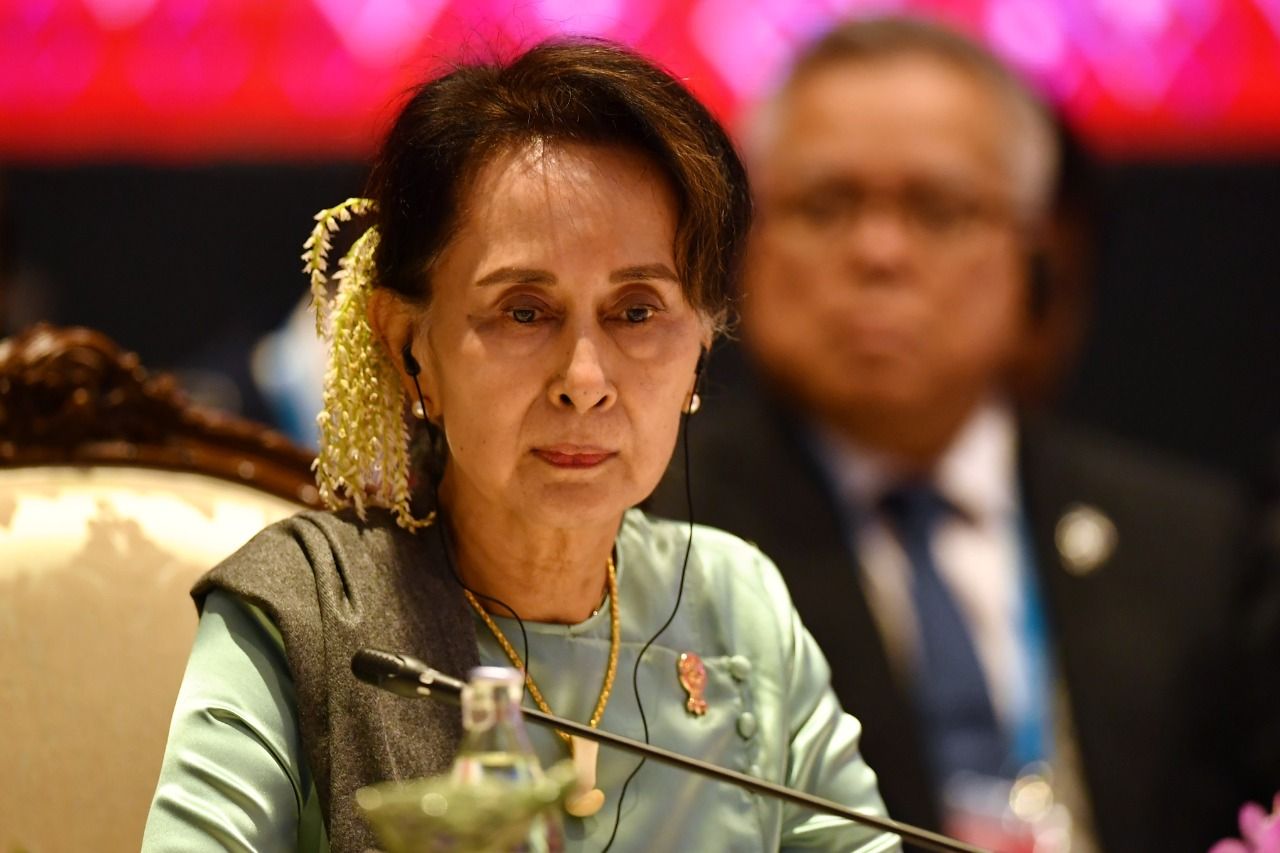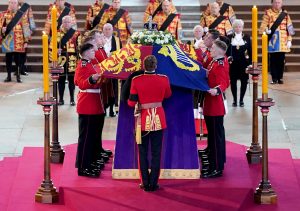Early on Monday, Myanmar saw a military coup as
after nearly 10 years, the Burmese military actively sought to take back
control of the state under its ambit, a visibly important step towards which
was detaining renowned political figurehead Aung San Suu Kyi.
Born to Aung San, one of Myanmar’s independence
heroes who was assassinated when she was two years old, Suu Kyi spent most of
her formative as well as adolescent life abroad, finishing her college in Delhi
University and subsequent studies at Oxford.
Also read: Min Aung Hlaing: Myanmar’s powerful, ambitious army chief
In a political career spanning over three decades, Suu
Kyi broke into the political mainstream in 1988, with her participation in the
famous ‘8888 uprising’ which took place on August 8, 1988, alongside several
others in the National League for Democracy (NLD).
Also read: ‘We believe that rule of law and democratic process must be upheld’: MEA on Myanmar military coup
In 1990, as the election results came out in
Myanmar, NLD had won 81% of the seats in Parliament. The democratic process,
however, was hindered, with the State Peace and Development Council (SPDC) government
headed by the military refusing to hand over power, and subsequently detaining
Suu Kyi at her home for 21 years in the form of a political prisoner from 1989
to 2010, leading to international outcry.
Upon her being released in 2010, the NLD
interestingly announced not to participate in the elections of the country, securing
the military to score a big win.
Also read: Emergency declared, detention of Aung San Suu Kyi: What we know about Myanmar coup so far
In 2015, however, NLD came to power by a landslide
win, getting 86% of the seats in the Assembly of the Union. Suu Kyi entered her
new role of the State Counsellor of Myanmar, having her path blocked to become
the President constitutionally, with her husband and sons being foreign
nationals.
Significantly, the narrative towards the popular
leader in the Buddhist-majority country was changed internationally in 2017,
after alleged ethnic cleansing of Rohingya Muslims and torching of villages took
place in the Rakhine province.
Also read: Myanmar military declares state of emergency for one year
Suu Kyi’s stance on the topic surprisingly mirrored
the army, as her defence of the former’s action during a hearing of the International
Court of Justice (ICJ) in The Hague brought a barrage of criticism, a good part
of which accused her of doing nothing to precent rape, murder and possible
genocide, as described in a report by BBC.
The 2021 military coupe comes amidst one of South
East Asia’s worst COVID-19 outbreaks, plunging an already suffering country from
a troubled healthcare system to the depths of distress, as the pandemic distressed
livelihoods.
Also read: US, Australia demand release of Myanmar’s Aung San Suu Kyi, elected leaders
With the Army announcing on Monday the upcoming year to
be under a state of emergency, it remains to be seen how Suu Kyi’s current predicament
changes under yet another phase of possible confinement.





